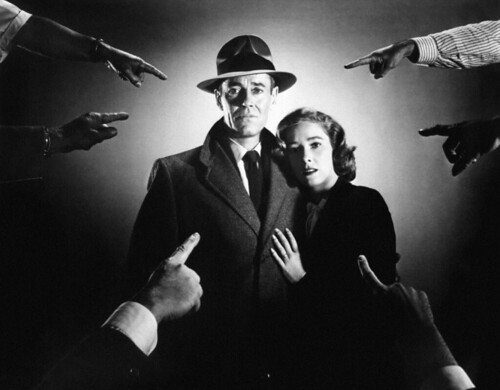Silent Hill, the film of the console game, merits some consideration as a rare female-led action pic, but ultimately proves far less distinctive than the recent Aeon Flux. Determined to find out what's eating her narcoleptic young daughter, recently separated Radha Mitchell removes them both to Silent Hill, a mining community-turned-ghost town in West Virginia. Suffice to say, this isn't the best idea, not least as shortly thereafter the film starts to encounter the usual problems associated with material making the journey from monitor to multiplex. Let's call it déjà jeu: even someone who's not been near a joypad in years, and who's never played Silent Hill in their life, might find those scenes wherein the heroine negotiates a series of interlocking chambers and corridors too, too familiar.
Director Christophe Gans - taking the sideways step from comic books (Crying Freeman, Brotherhood of the Wolf) to consoles - gets away with it for a while by laying the otherworldly atmosphere on thick: ashes falling from the sky, acid-spraying shapeshifters that emerge from the shadows like Giacometti figurines, doomy passages of scripture everywhere. Mitchell, far from the bodacious babe the slavering demographic would usually insist upon, is an interesting choice of lead, but increasingly finds herself with nothing to do except react to the next wave of CGI or zombies strung across the frame like backing dancers, and to try in vain to keep the human interest from going under. It's surely not hard to make a workable screen adaptation of a computer game - i.e. to make a better film than Doom, Tomb Raider or Resident Evil - which makes one wonder why no-one's bothered to do it yet.
(April 2006)
A sequel, Silent Hill: Revelation, opens nationwide on Wednesday.















